An artist friend of mine spent Christmas in Bangkok. They wrote to me saying:
“I could not get over the tension and apocalyptic nature of the street experience I have been sensing in Asia. I started to break down the elements I was reacting to and analyzing my strong reaction to the over stimulating environment as an artist. The textures, layers, sounds, lighting and press of people as a type of tapestry and humanistic hive.”
“The contrast of your beautiful, balanced and peaceful images of nature posted on Facebook longingly reminds me of my own desire for beautiful natural environments and the peace and harmony that comes with these things.”
‘Humanistic Hives’ is an inspired interpretation of city living. The feel of the Hive intensifies with the increase in numbers of people inhabiting the cityscape, and cities like Bangkok have grown rapidly and somewhat chaotically emphasizing this Hive life. It is not something that is peculiar to the Asian cities, either. When I was younger London was roughly half the population it is now. Walking its streets as a teenager I marveled at the city, and I lived in the city for 32 years but with ever decreasing enjoyment as the Hive grew buzzier and busier, its oppressive swarms pushing me out of the central areas I loved into suburbs initially but now to the end of the line…
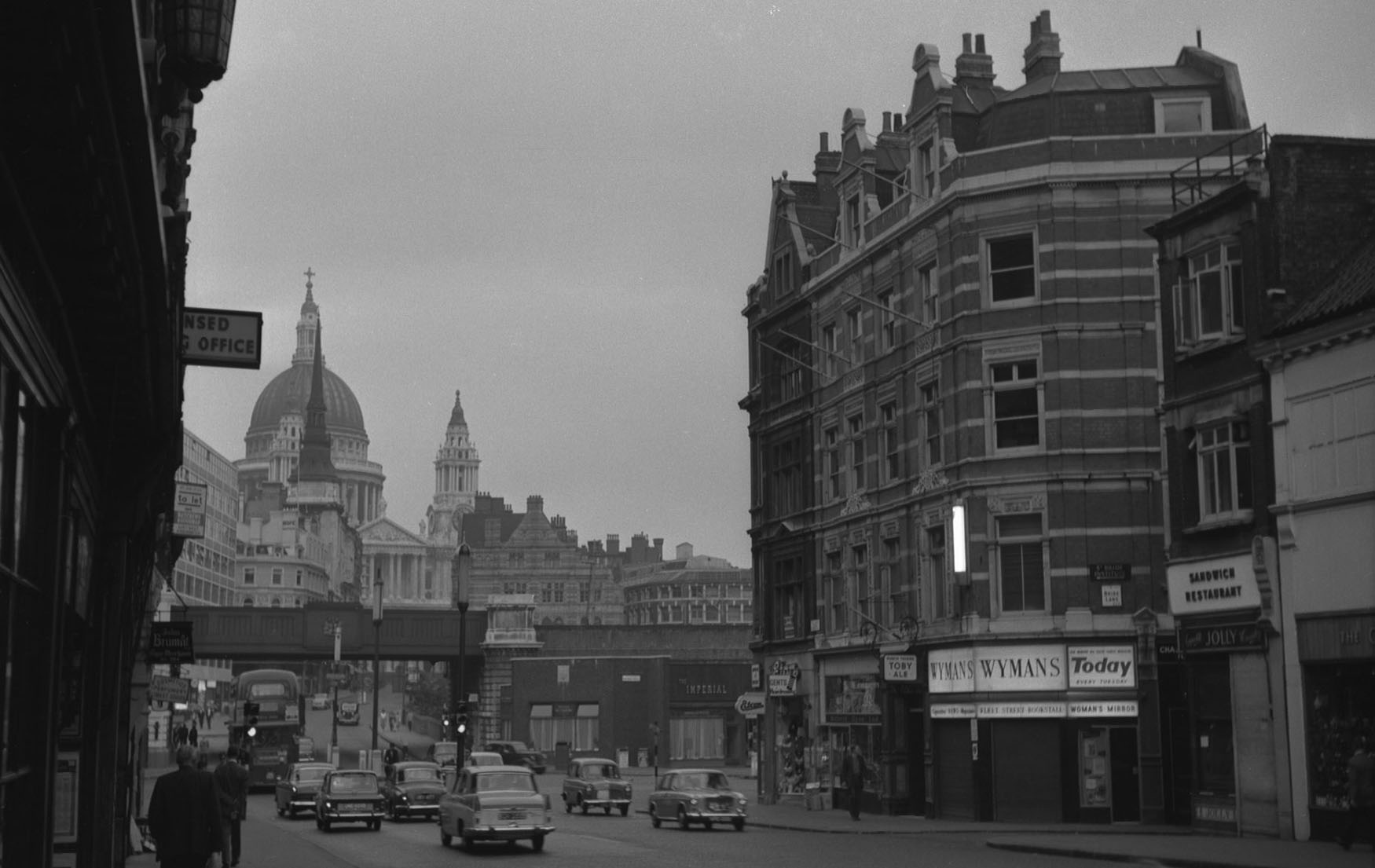
London 1966. Normal working day – but no tourists to speak of. Now the city receives over 30 millions a year. The 4.5 million population, now over 9 million
The increase in tourism means there is no respite from masses of people on an infrastructure designed in the 1880’s and now barely able to cope after decades of masterly neglect by politicians and planners alike. The city has no heartbeat simply a cacophonous rush of life through its arteries. London is big enough to almost create its own weather, no real winter because the masonry acts as a great storage heater. Transport systems largely unchanged for 150 years move people within the city but fail to move them easily between cities or the surrounding countryside.
Life in the city is apocalyptic because it is dependent on the rush of humanity through its streets. There is no compromise position for most people, you are either in the swarm or out of it. Only the rich ‘Queen Bees’ can exist both within and independently of its streets, insulated by their own personal drone armies. The city needs the constant injection of youth and brains sucked in from the rest of the country, and it spits out its elderly. In England we spit them out to places we mockingly call ‘God’s Waiting Rooms’, often seaside towns where pace is slow and weather reigns supreme. Here Hive members, drones and the odd dying queen, quickly become forgotten and decay.

here the ‘Queen Bees’ with the assistance of hundreds of thousands of drones, pursue a parasitic existence
Weather reigns supreme. The city protects its drones, giving them an environment that its propaganda persuades is the best, most exciting, most involving. But this propaganda achieves its end by detaching many from the heartbeat of our planet. The reluctance to recognize global warming is city based amongst people for whom dialing back their consumption would mean removing the pleasure in the Hive lives, for they are truly detached from our planet, only their Hive being their environmental concern. Plant more trees? No, it increases hay fever with their pollen. Cut carbon emissions? No, because the worst emitters are urban transport systems, which the Hive relies on. Reduce pollution? Yes – but only by taxing anyone from outside the Hive with access charges.
The Hive has no horizon, walls of buildings or transport blocking any views, night sky obliterated by street light glare. The Hive has no weather to speak of beyond a narrow range, and if by some mischance it gets ‘real’ weather its systems collapse and the Hive goes in to panic mode.
Outside the Hive a different reality exists. This reality reaches far back through time, so even the Hive drones have it within their DNA. Outside has a different time clock. Here the pulse within is matched by a pulse Outside. Seasons and changing light patterns are reflected in behavioural modifications proven by evolution. The magic of nature’s rebirth in spring with growth of new vegetation, animals and birds getting into their mating rituals enhance the sense of time and the pulse of life that Outside brings.
This pulse of life has formed the basis of old religions and philosophies, from Druids through Norse Gods, from Greek Legend to Native American rituals, from tribal ritual in Africa to folk songs in Peru. Many of these philosophies and rituals formed the basis of the sixties alternative cultures having survived centuries of persecution under the encouragement of the priests of what Bernard Cornwell refers to as ‘the nailed god’.
A current vogue for ‘mindfulness’ brings contemplation back into focus but it has always been a part of artistic activity. Art has always been a bridge between the unconscious and the conscious, between man and mystery, between eternal sensual truths of the pulse life and the more frenetic thrusting of the Hive.
In my art I look to both, through recognition of the parallels between nature and art (as in the D’Arcy Wentworth book Growth and Form) and art and society (the use of the grid, control mechanisms, systems etc.). When you talk of my “contrast of … beautiful, balanced and peaceful images of nature” you see me tapping into the rhythms of the earth. Gregory’s book ‘Eye and Brain’ explores the physical and mental process of seeing.
The violence of a storm is more apocalyptic than a Hive. The sound of tree branches clattering and squeaking in the wind is a powerful symphony/. The crash of waves can be loud enough to silence any chatter, whilst artists like the mystic William Blake talk of –
To see a World in a Grain of Sand
And a Heaven in a Wild Flower,
Hold Infinity in the palm of your hand
And Eternity in an hour.
Our urban artistic elites plagiarise and imitate in a perpetual circle of mutual onanism. As the Beatles had it, it is ‘Within you and Without you’
We were talking about the space between us all
And the people who hide themselves behind a wall of illusion
Never glimpse the truth, then it’s far too late, when they pass away
We were talking about the love we all could share
When we find it, to try our best to hold it there with our love
With our love, we could save the world, if they only knewTry to realise it’s all within yourself
No one else can make you change
And to see you’re really only very small
And life flows on within you and without youWe were talking about the love that’s gone so cold
And the people who gain the world and lose their soul
They don’t know, they can’t see, are you one of them?When you’ve seen beyond yourself then you may find
Peace of mind is waiting there
And the time will come when you see we’re all one
And life flows on within you and without you
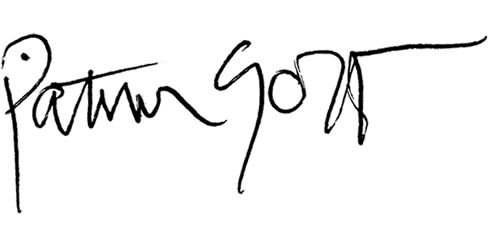
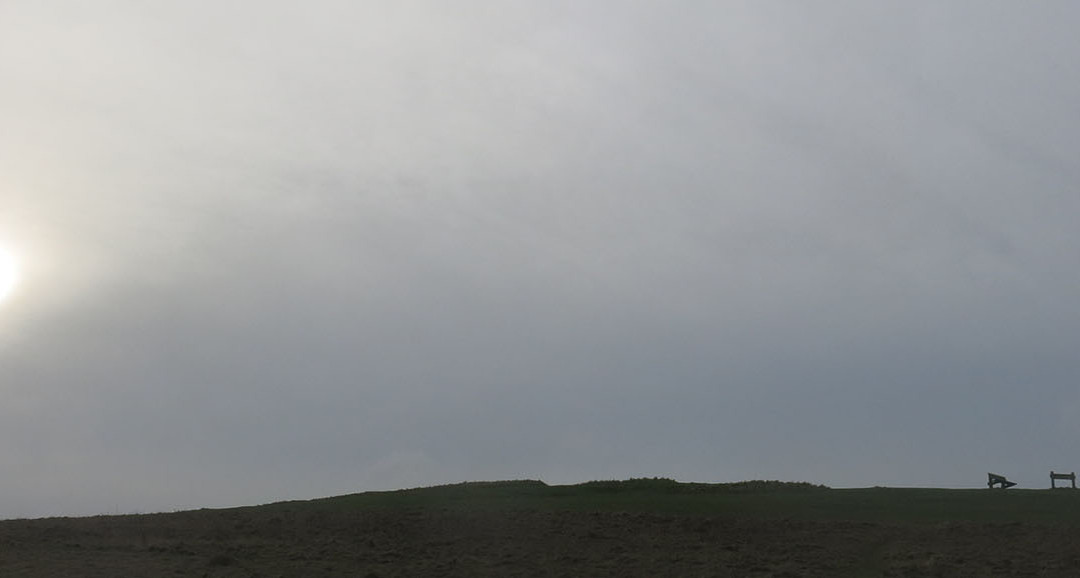
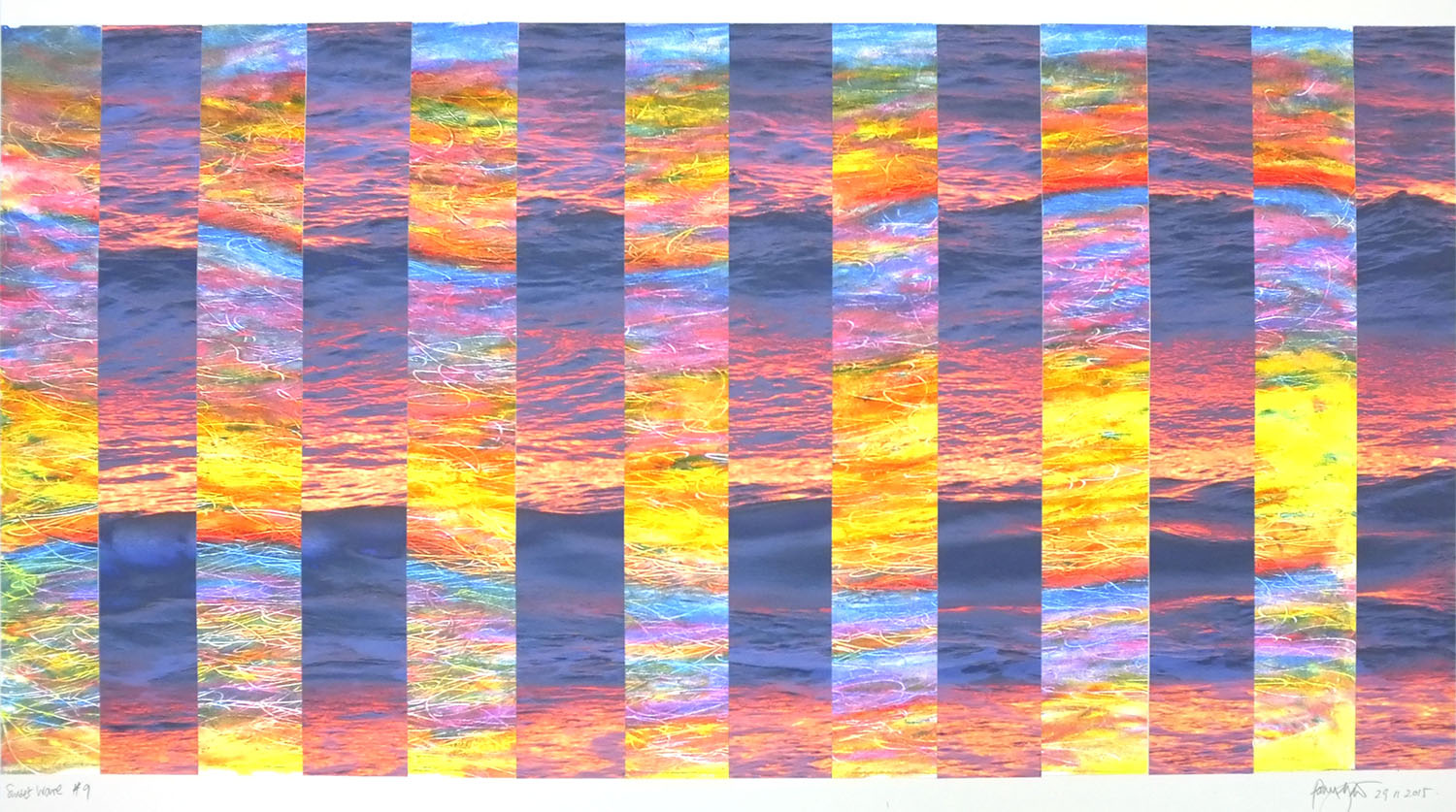
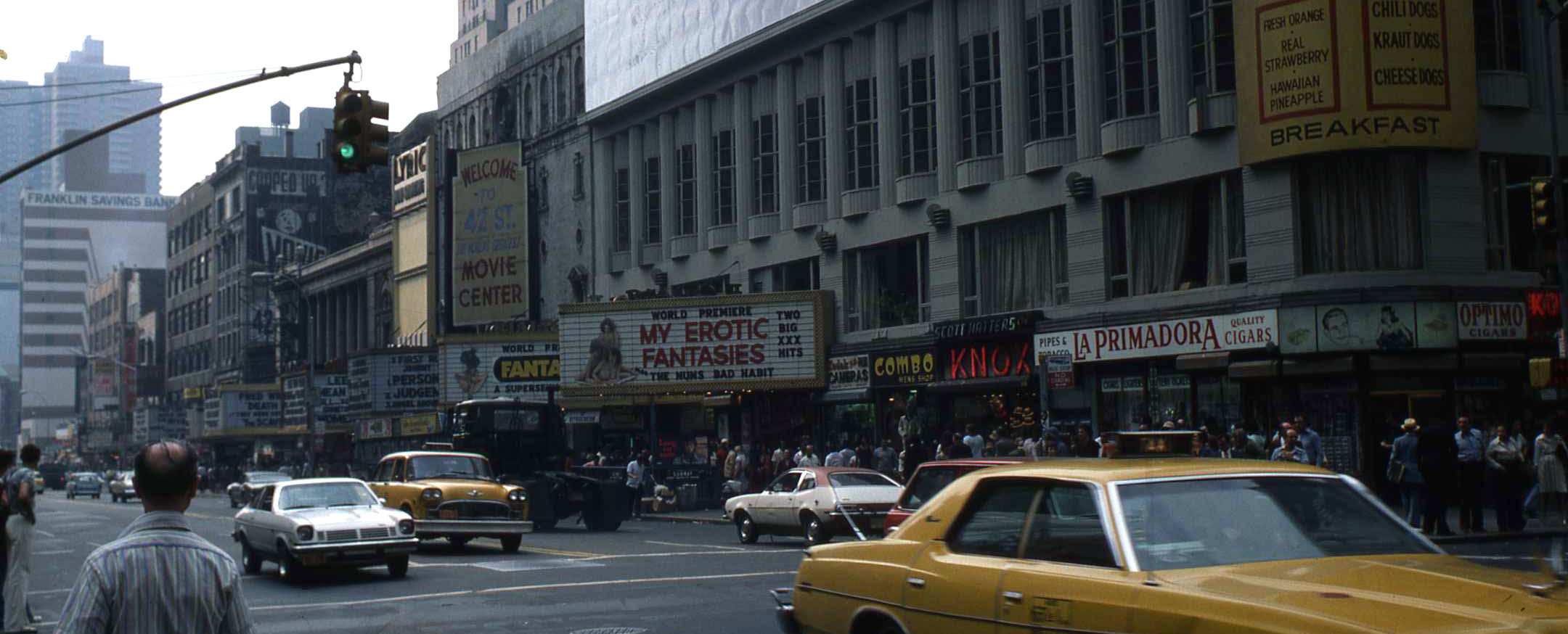
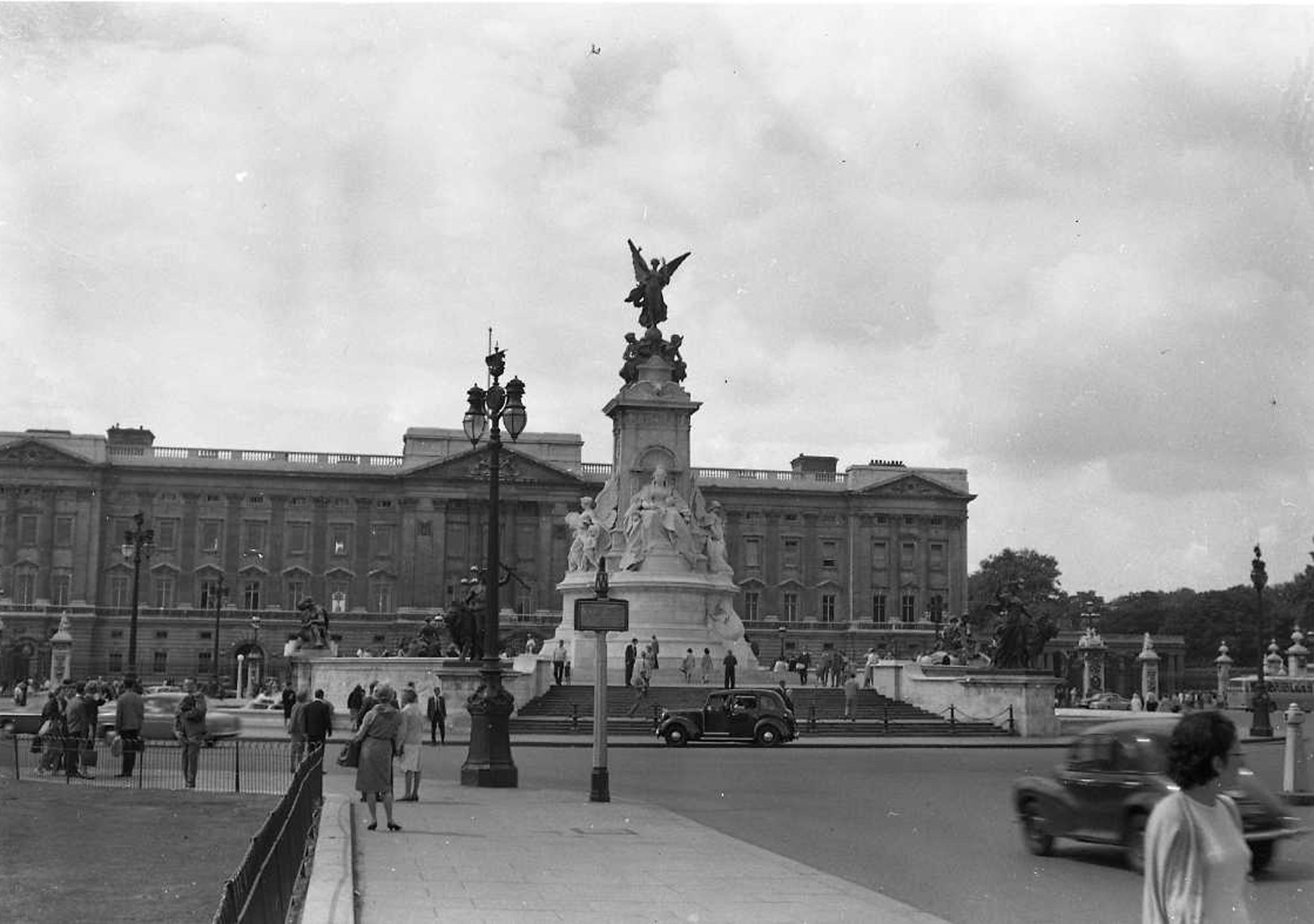
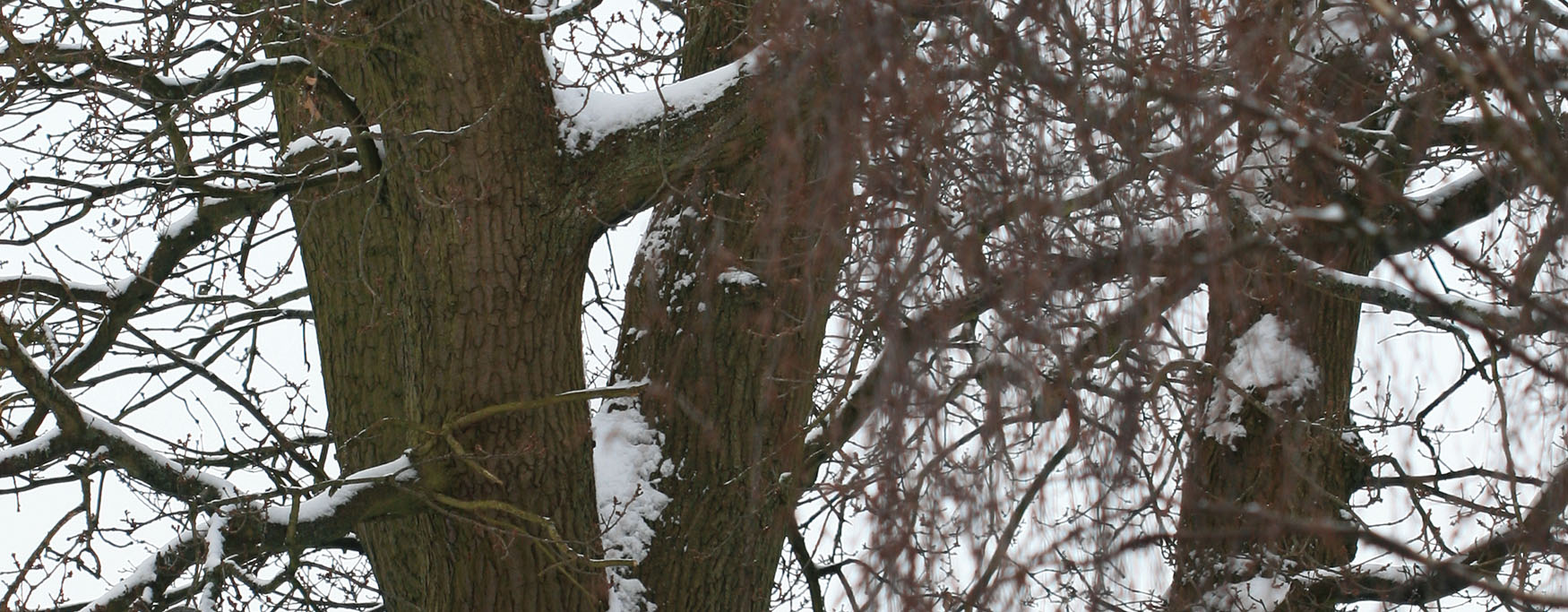
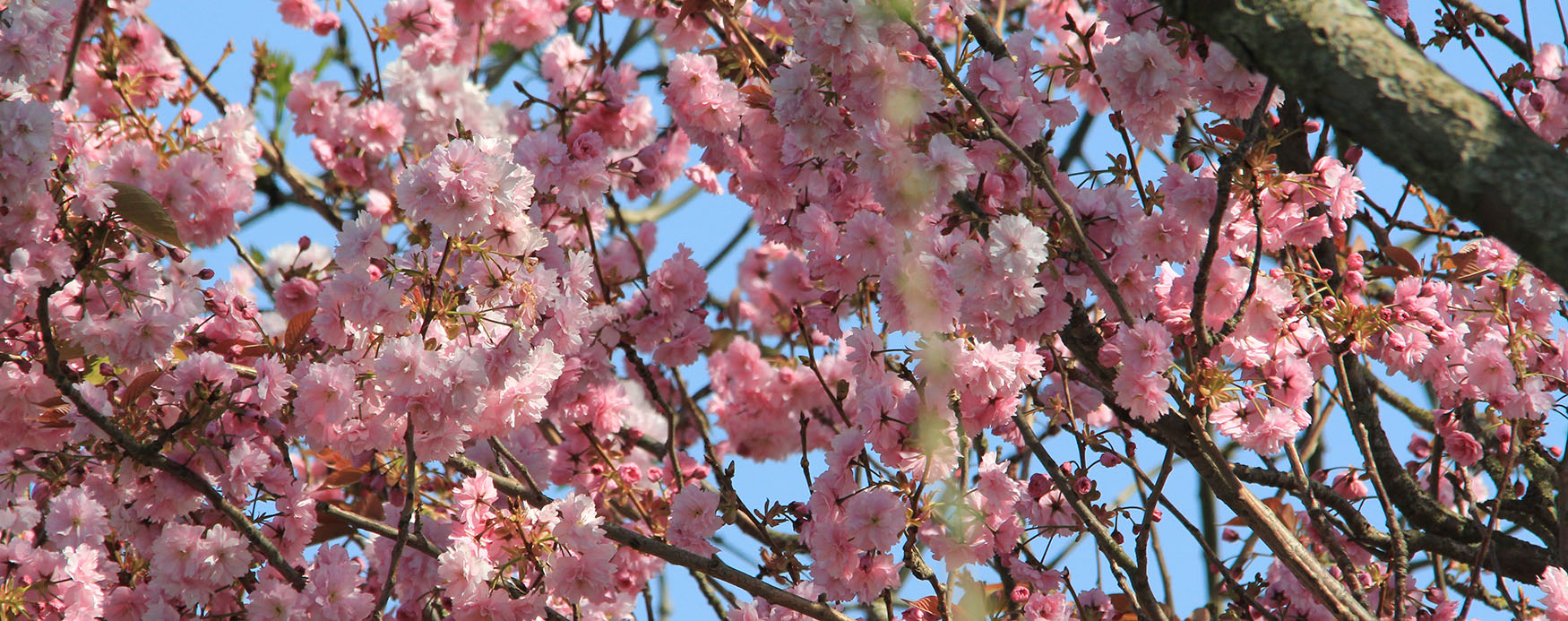
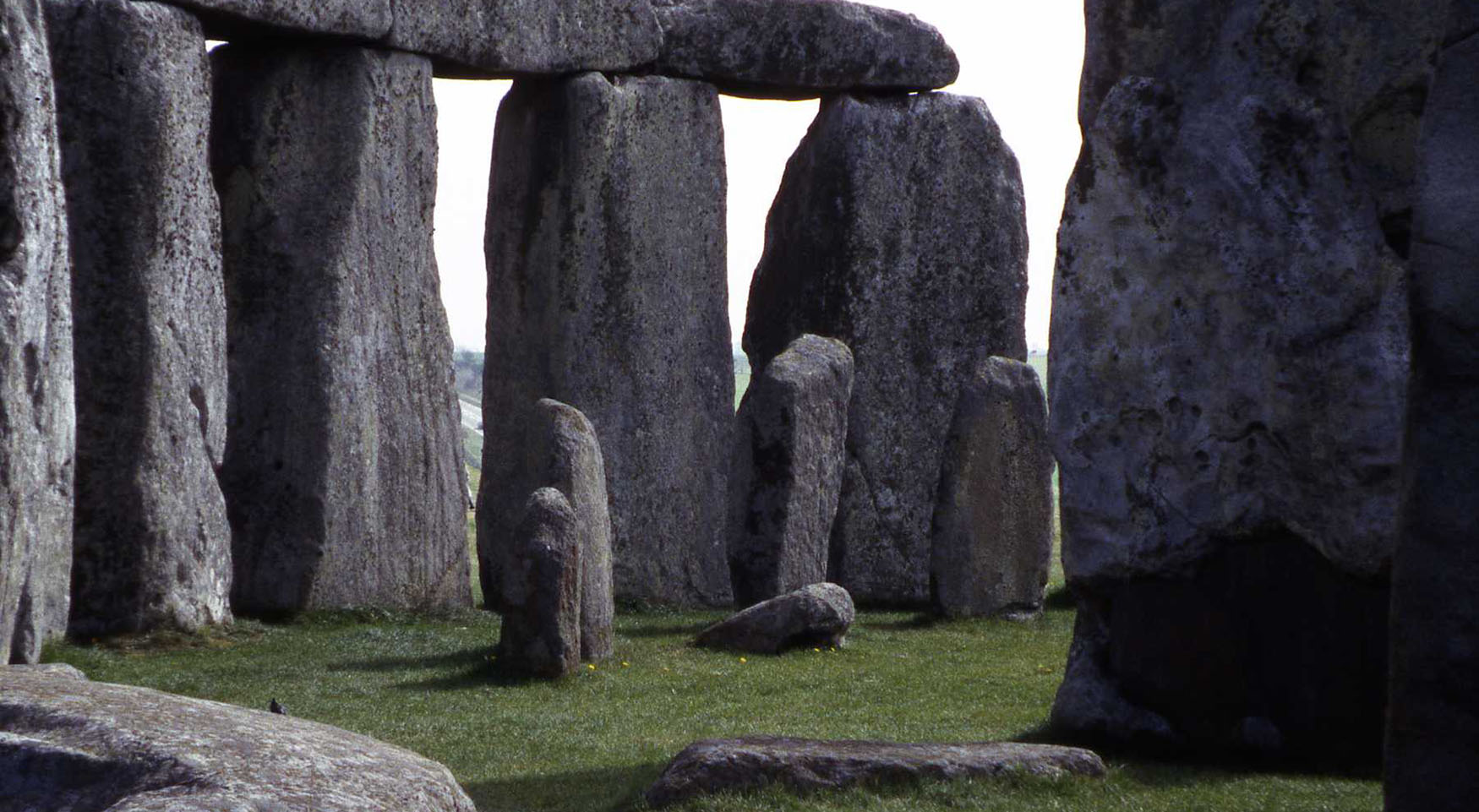
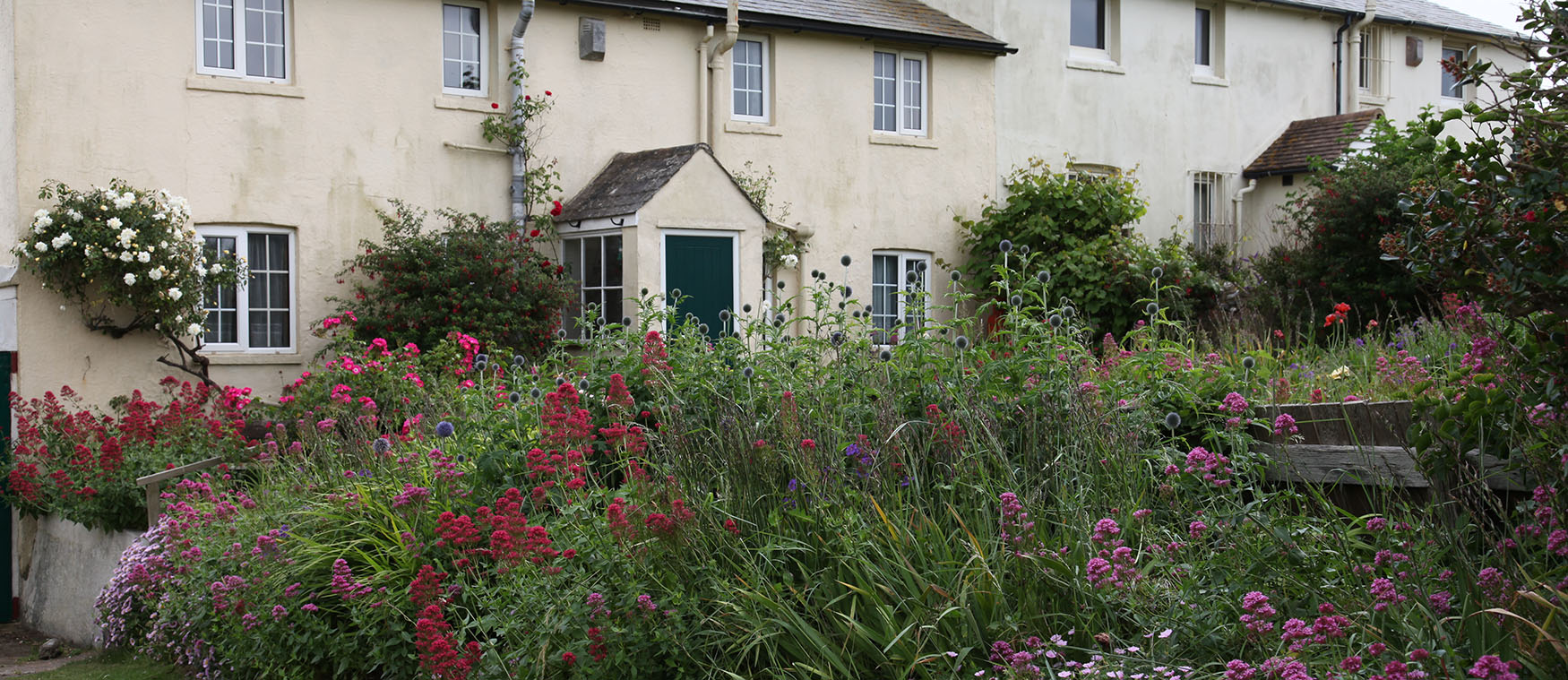
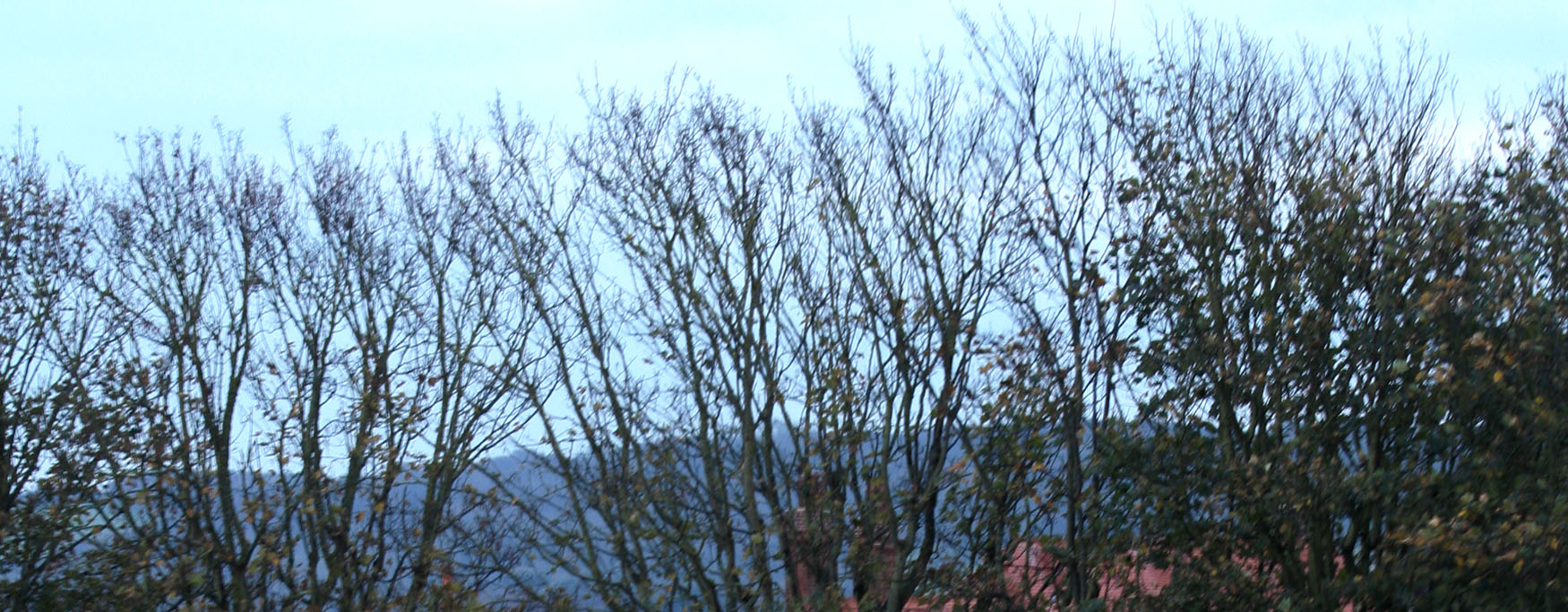
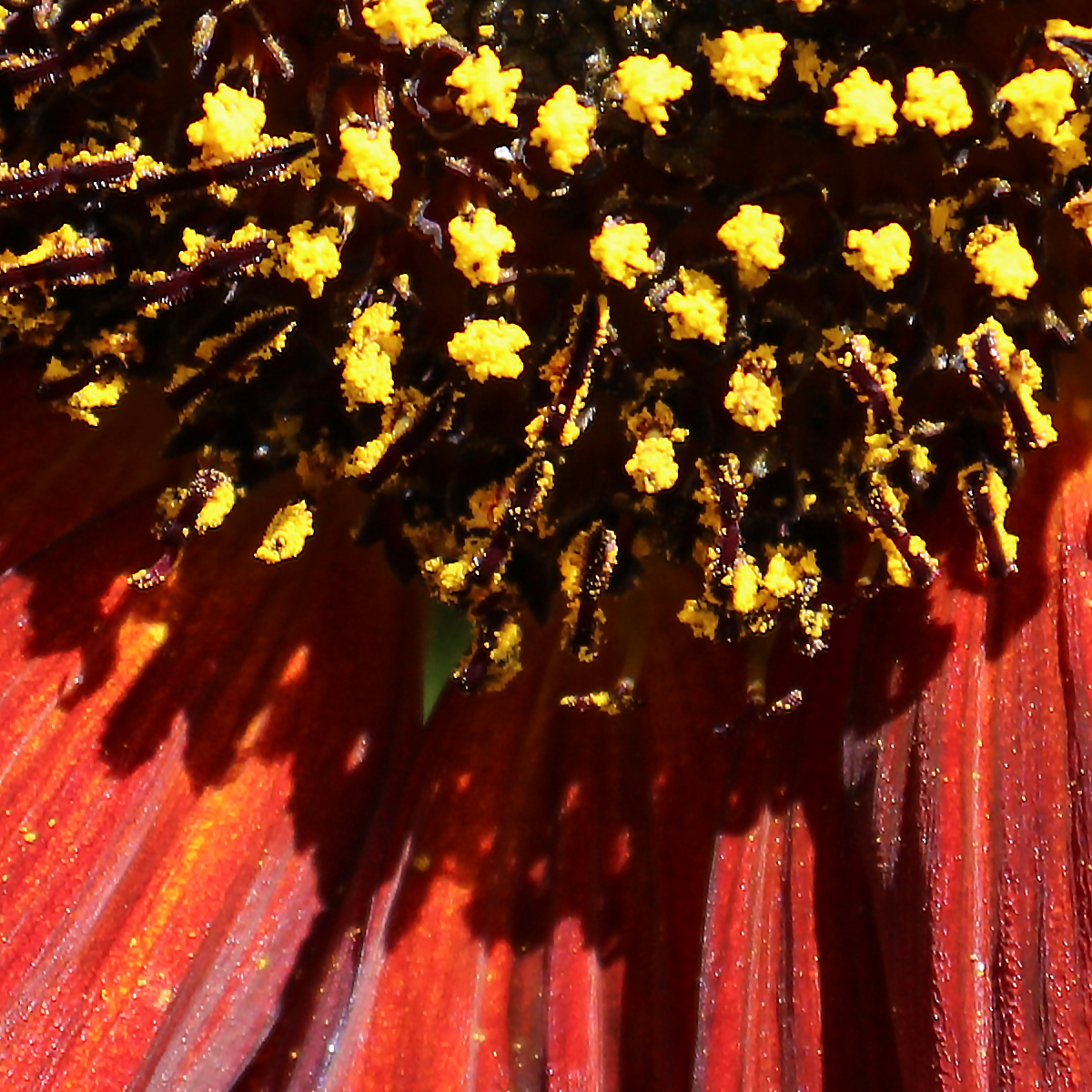
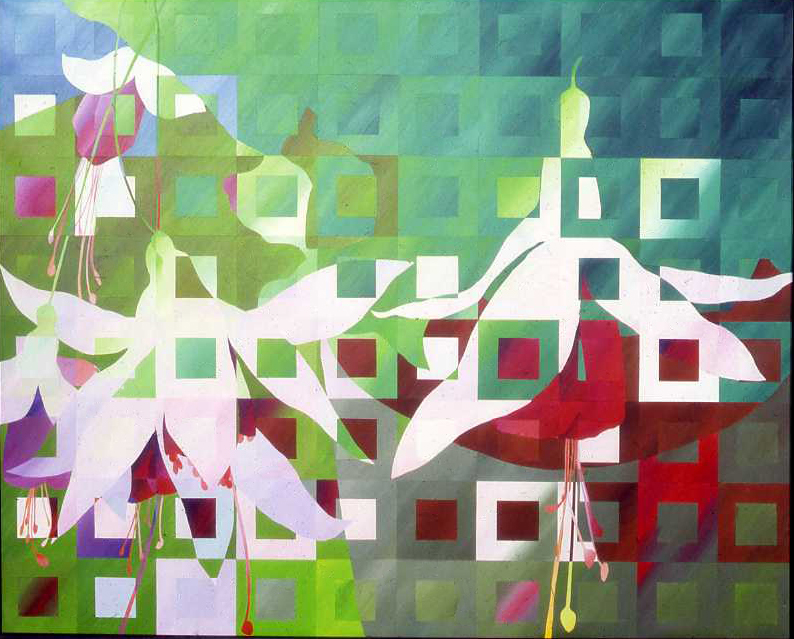
Patrick thank you for sharing your observations and thoughts so beautifully in written and visual format, you raise many important points and many things come to mind in response but here is a little relating to the horizon. Your quote “The Hive has no horizon, walls of buildings or transport blocking any views, night sky obliterated by street light glare. The Hive has no weather to speak of beyond a narrow range, and if by some mischance it gets ‘real’ weather its systems collapse and the Hive goes in to panic mode.”
I am very interested in our connection to the horizon; I believe it serves as a constant balancing and grounding point of reference; for our duality – of body and spirit, the intersection of which holds both connection and mystery. The Hive is an imbalanced and constructed world driven by an unnatural order. It has of course its own mystery and magic and of course there are always exceptions and exceptional people but overall it is out of balance – like blood only circulating around the head and heart and forgetting about movement and the rest of the body.
When I found London, I was a “country yokel”, my intelligence was silent and hidden, unsophisticated and with no real application. People I met had no connection to my wisdom and therefore I must be stupid. I began to belived that and I lost connection with myself and felt all knowledge must come from outside and be learned.
The more I work my way into “knowledge” and my own practice – the more I realise I am just learning the language to explain what I know – of old – from my own experience and knowing – from my connection with the land and not from “the known”, the right hand, the word or the “learning off by heart”. Its giving intuition the place it needs to thrive in the world, the place where science now tells us our main brain is i.e. our gut. It’s the place of the deep feminine in all of us, both male and female, the place that knows our connection with spirit in matter and the horizon, the visual pointer to where they meet.
London for me is the British Museum, the Science Museum, The V&A and all the great cultural landmarks and architecture and houses of culture that make up a great city. But its energy is stolen from the young and from history itself– feeding from a constant stream of young hope and fleetingless.
In all that, living in London kept me away from the parts of it that I loved the most. I felt I was endlessly trying to cope with the drain of being “in it”; the treacle like arteries that became such a drag to navigate – the frustration and stress of living close to so many cultural props, the cost of which was adding up in my body and in raising my children. For my children I am constantly battling screen addiction and am failing to encourage the earthiness and connectedness that I grew up with as a child, which to many is also called “poverty” and “backwardness”. So I moved to the seaside!
As I write I am remembering the organic reality of opening a pit full of potatoes that I sowed or putting straw on a clay pit of apples that I will bury for the winter. The mushrooms I picked as a child I still have to match in terms of flavour and wonder. I played with cow dung as Frisbees – caterpillars and millipedes fleeing in all directions, as they were unexpectedly unearthed in their lowly life by a child’s curiosity and willingness to play. Toys were something that you invented as part of childhood. I remember feeling that when I first started watching television – the world in there was not the world I was experiencing in every sense of the word. I didn’t have materialistic and sophisticated intelligence. Poverty seemed always to refer to material poverty – real poverty in my experience is “emotional poverty” and has nothing to do with the energy invested in “stuff” – another kind of misguided projection of “knowledge”.
Thank you for the quality of your seeing, for the depth of your curiosity and the attention and integrity that has consumed your creative practice, the intention of which is contained in the work that you make.
A beautiful critique.
London is my father’s place of birth and after living overseas for much of my childhood we returned there to the outskirts, but rarely took a trip into the centre; an occasional treat. I got a chance to live in Bloomsbury for 3 months when I was 19 and loved it, but until recently have lived elsewhere in the country – the North, East Anglia.
Today I live on the Essex coast in one of God’s waiting rooms, but am finally able to visit London and stay over in town as part of my work quite often. I have a love-hate relationship with it, seeing how it sucks the life out of the surrounding towns, yet I love its vibrancy, multiculturalism and stoicism. Now it is being destroyed in yet another way as the people (drones and workers?) who service it will find it impossible to find safe, affordable homes near their work as the trend for homes to become investments takes another lurch in favour of the wealthy. The fragile network of the hive may yet break.
Parasites are a problem that are killing bees everywhere
“Transport systems largely unchanged for 150 years move people within the city but fail to move them easily between cities or the surrounding countryside.”
Not quite as bad as that – yesterday, I left a meeting in Houndsditch in the heart of Cityslicker land at 4.45 and was opening my front gate near Lavenham in Suffolk exactly 120 minutes later. Public transport in a better mode. No leaves on the line, no-one had nicked the overhead cables and SOME of the power came from the windmills in the North Sea.
I think we are probably all of an age where we appreciated the London we remember (I lived in Pimlico for a couple years after leaving school). Now I go back mainly on business and think ‘how can anyone tolerate this constant disorder ?’ The space for the workers to live is like the rampant redevelopment, going to create serious problems especially for the aged. But that isn’t solved by moving to the country – just makes it more bearable !
Lovely images, intelligent prose, Patrick. Thanks.
What a wonderfully written piece Patrick, when are you going to write the book? Being a Londoner (lived in Westminster), born there and lived most of my young life there until I moved to Wales when I was 26 and started a family, I do have fond memories of it. I didn’t miss it really until I moved to Texas as I could easily visit my family who still lived there. Now I don’t have any family left, as my sisters, extended family and parents all moved away from London. No more huge family parties (my grandparents had numerous siblings who lived in Wandsworth). I wouldn’t recognised any of them if they passed me now, we are so spread apart.
However, I still yearn to visit London as it reminds me of my youth but you are right, the heart of the city has gone. Also it has a lot of good art unlike Austin 🙁
I lived in central London – off Charlotte Street – for 50 years after I left Corsham in 1964. I miss it terribly: but the place where my children could play in the street is now Corporate & the lovely village atmosphere of Fitzrovia has gone : gone to Developers
I lived in Camberwell for over 14 years, before being forced to sell and move out to the ‘burbs. Worked for Adrian heath in his studio in Charlotte Street